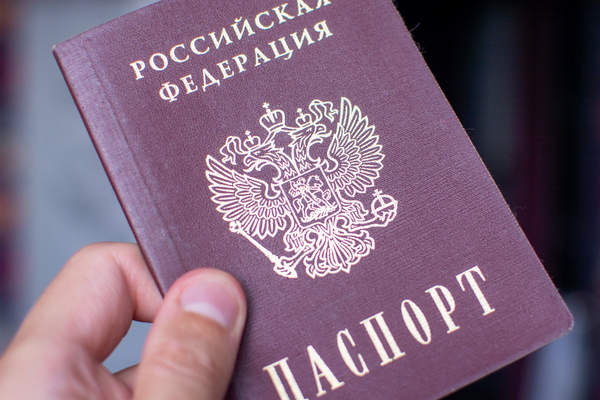An increasing number of Russians have applied for asylum in Belgium since October, with 96 Russians applying in December. De Standaard reported that the fleeing Russians refuse to fight in Ukraine or fear persecution for their beliefs.
Russians have fled their country since President Vladimir Putin in late September announced a partial military mobilisation. The exact figures are hard to verify but according to Reuters, hundreds of thousands have fled to neighbouring countries.
Some manage to escape further afield and Belgium's Immigration Department noted an uptake in asylum applications after Putin's announcement, with 68 applications in September increasing to 95 in October. Since then, Russians have been among the top nationalities who applied for asylum in Belgium.
"They are mainly men," Paulien Blondeel, a spokesperson for the Immigration Department, told De Standaard. "And their
motives are indeed often linked to the conflict. For example, they have participated in a demonstration against the war and are afraid of being prosecuted for it. Or they are afraid of being mobilised."
The Refugee Council in Flanders has also been asked by more Russian asylum seekers about asylum in Belgium, says policy officer Thomas Willekens. "Those requests are likely to rise. We hope that the right of Russians to apply for asylum here and in other EU Member States will be guaranteed remains."
Willekens is concerned that the stereotype of fearful Russians fleeing conscription will diminish sympathy for Ukrainian refugees. "But like any other refugee, Russians are entitled to protection if they are at risk."
Conscientious objectors
Refusing to do military service is in theory not enough to qualify for asylum in Belgium. But if the consequences for refusing are sufficiently severe asylum might be granted, says immigration lawyer Kati Verstrepen.
In addition to conscientious objectors, Russians who oppose Putin's regime are also likely to seek asylum, Verstrepen told De Standaard. She believes they are at risk of persecution which should give them international protection.
Belgium no longer issues short-term visas to Russians and relations between Russia and Belgium deteriorated after Belgium kicked out Russian diplomats accused of spying.
Nonetheless, the Flanders Refugee Council proposed in March last year that Russians wishing to avoid military service should be granted asylum. The Federal Government responded that asylum requests would be assessed individually. It highlighted the need to ensure that applicants haven't committed war crimes.
Proving their peril
Currently, asylum seekers are invited to the Immigration Office then the Office in charge of Migration. Meetings can take over six hours because they have to prove their fear of persecution, according to Willekens.
"One example of concrete evidence is a critical post on social media and a letter from the Russian police in response to that post." This allows immigration authorities to establish whether a person might be prosecuted for their political beliefs.
The route by which Russians reach Belgium can vary widely but in most cases is illegal. To Willekens, the simple act of making the journey is a proof of their eagerness to find safety.
Related News
- German Chancellor confirms support for Ukraine, but dodges question on tank delivery
- European Council President Charles Michel 'on his way' to Kyiv
- 'In reality, there is a lot of gas available': Economist blames speculation for energy crisis
"We see the same with refugees of other nationalities," said Willekens. "There are often few ways to get here, but if you are at risk you will try almost anything. By punishing those people for travelling illegally, or by blocking their way, you create even more danger. They then seek another way – often even more perilous."
Those who make it may face difficult conditions as Belgium has been unable to cope with refugee flows. Many asylum seekers have been forced to spend their nights on the street in the freezing cold.

